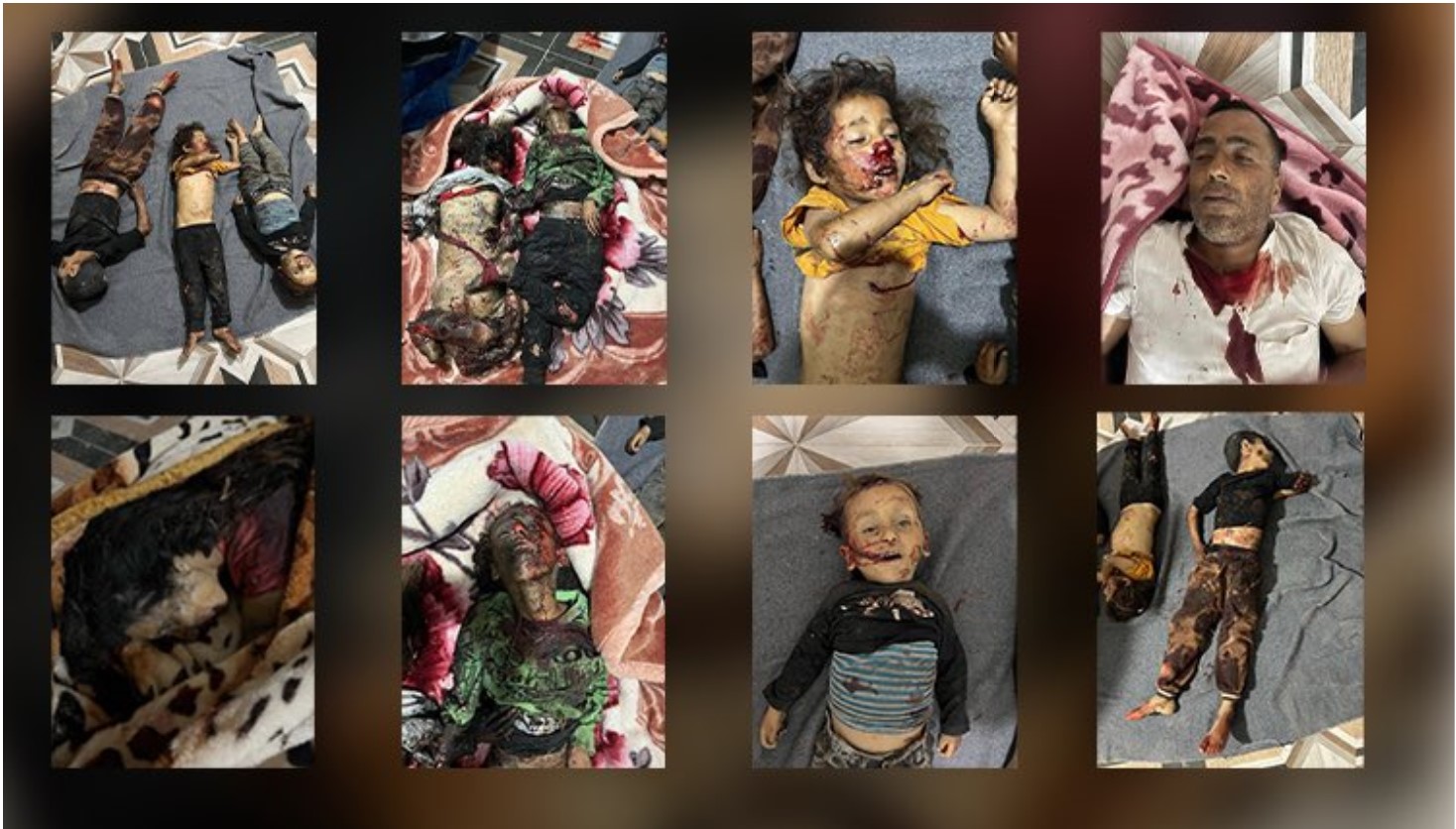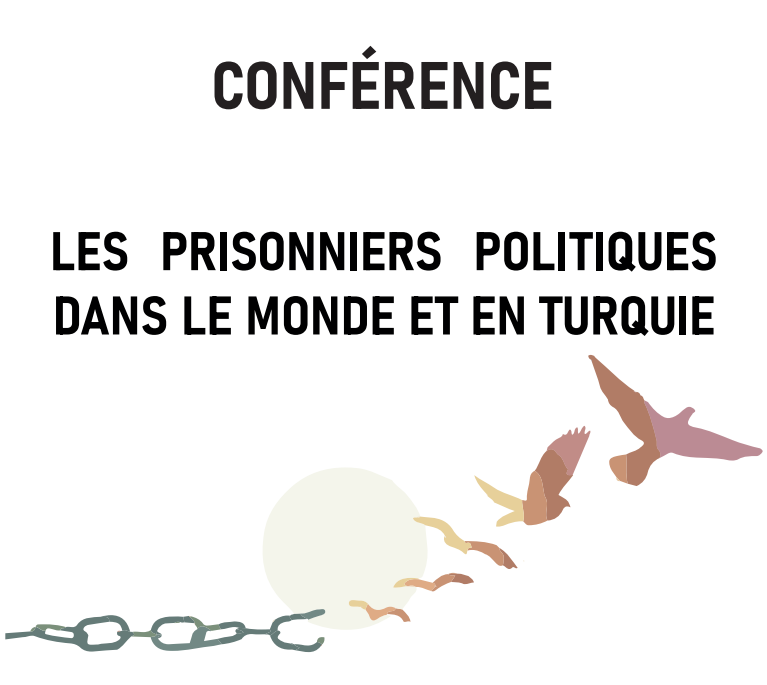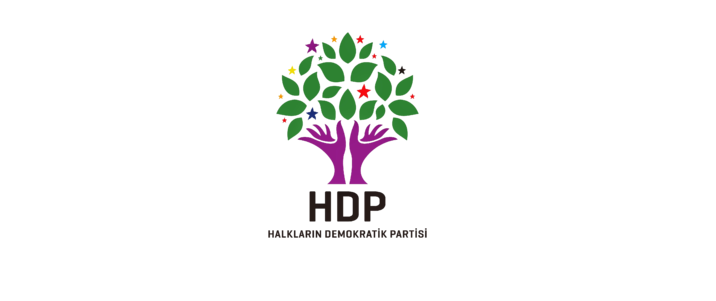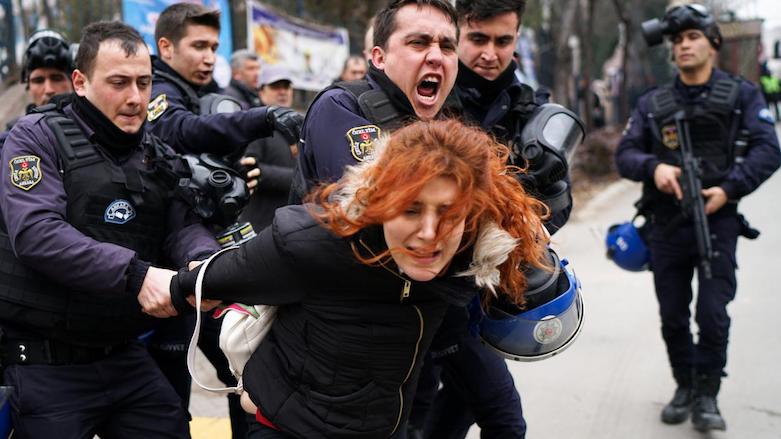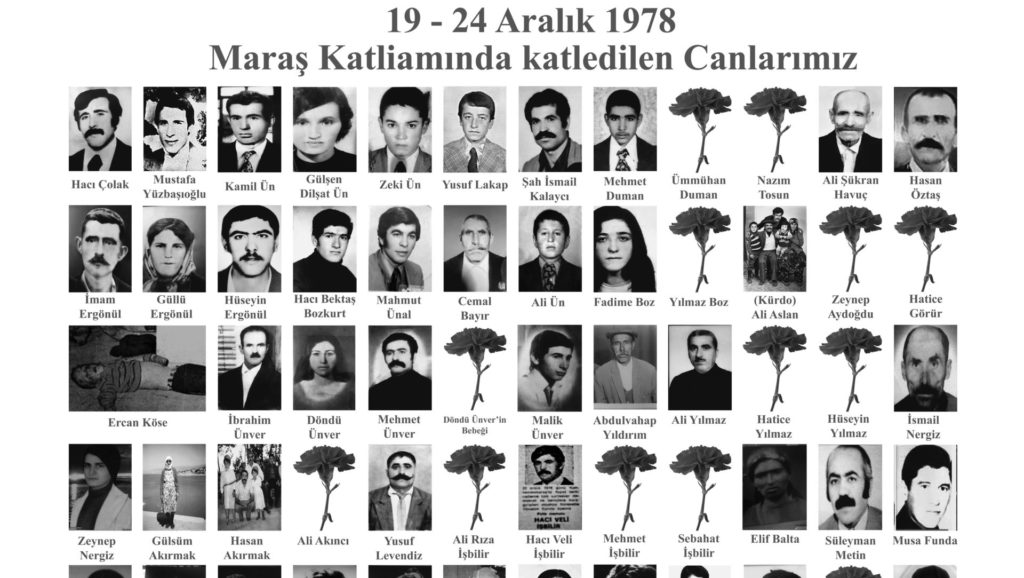Kobani, Syria – March 17, 2025
Turkish Drone Strike Massacres Kurdish Family in Kobani, Continuing a Legacy of Violence
Kobani, Rojava – March 17, 2025
In a devastating attack overnight between March 16 and 17, a Turkish drone strike targeted a civilian home south of Kobani, near the villages of Qomji and Berxbotan, killing nine members of a single Kurdish family, including seven children. According to the Syrian Democratic Forces (SDF) Media Center and Hawar News Agency (ANHA), the victims—a mother, father, and their children aged between 2 and 14—were gathered for a meal, possibly Suhoor during Ramadan, when the strike obliterated their home. Two other civilians were wounded in the assault, which Kurdish sources have condemned as a deliberate massacre by the Turkish state.
In a devastating attack overnight between March 16 and 17, a Turkish drone strike targeted a civilian home south of Kobani, near the villages of Qomji and Berxbotan, killing nine members of a single Kurdish family, including seven children. According to the Syrian Democratic Forces (SDF) Media Center and Hawar News Agency (ANHA), the victims—a mother, father, and their children aged between 2 and 14—were gathered for a meal, possibly Suhoor during Ramadan, when the strike obliterated their home. Two other civilians were wounded in the assault, which Kurdish sources have condemned as a deliberate massacre by the Turkish state.
ANHA reported the ages of the child victims as 2, 4, 6, 8, 10, 12, and 14, highlighting the brutality of the attack on a defenseless family. The SDF described the strike as part of an ongoing Turkish campaign of “genocide” against Kurds, stating, “Erdogan and his gangs attacked civilians after failing to achieve results on the battlefield.” Kurdish media outlets, including Rojava Gundem, echoed this sentiment, framing the incident as the latest in a long history of Turkish atrocities targeting Kurdish communities in Syria and beyond.
A Pattern of Massacres
This strike is not an isolated event but part of a well-documented pattern of Turkish military operations against Kurds, particularly in Rojava (northern Syria). Kurdish sources point to a series of massacres perpetrated by Turkey and its allied militias, often under the pretext of combating “terrorism” linked to the Kurdistan Workers’ Party (PKK) or its alleged affiliates like the People’s Protection Units (YPG), the backbone of the SDF.
-
Kobani Siege (2014-2015): Kurdish narratives recall the brutal siege of Kobani by the Islamic State (ISIS), during which Turkey was accused of indirectly supporting the attackers by blocking Kurdish reinforcements and supplies from crossing the border. The YPG and Women’s Protection Units (YPJ) heroically defended the city, but not before hundreds of civilians were killed or displaced. Kurdish leaders, including SDF commander Mazlum Kobane, have long claimed Turkey’s complicity in enabling such violence against their people.
-
Afrin Invasion (2018): The Turkish operation “Olive Branch” in Afrin resulted in widespread displacement and civilian deaths. According to Kurdish reports, Turkish forces and their proxy militias, including the Syrian National Army (SNA), killed hundreds of civilians, looted homes, and targeted Kurdish cultural sites. ANHA documented cases of summary executions and abductions, with the Kurdish Red Crescent reporting attacks on medical facilities.
-
Serrin and Tel Rifaat (2024-2025): Earlier this year, Turkish drones struck civilian areas in Serrin, south of Kobani, killing three children among others, as reported by the SDF on March 10, 2025. In December 2024, the fall of Tel Rifaat to Turkish-backed forces was accompanied by airstrikes that Kurdish sources claim killed dozens of civilians, part of the broader “Operation Dawn of Freedom” targeting SDF-held regions.
-
Ayn Issa (December 2024): A Turkish drone strike on Al-Mustariha village near Ayn Issa killed 11 civilians, including six children, according to the SDF and ANHA. This attack, occurring shortly after the collapse of the Assad regime, was cited by Kurdish outlets as evidence of Turkey exploiting Syria’s chaos to escalate its war on Kurds.
Kurdish sources assert that these incidents reflect a systematic policy of ethnic cleansing aimed at erasing Kurdish presence and autonomy in northern Syria. The SDF and Rojava administration have repeatedly called on the international community to recognize these acts as war crimes, pointing to Turkey’s use of advanced drones—often supplied by NATO allies—to target civilians and infrastructure like the Tishreen Dam, which has left Kobani and surrounding areas without power or water for months.
Turkish Justification and Kurdish Rebuttal
Turkey claims its operations target “terrorist” elements, linking the SDF and YPG to the PKK, which has waged a decades-long insurgency within Turkey. In the case of the Kobani strike, Turkish media suggested it was aimed at “terrorist positions,” though no evidence has been provided to show the family had any military affiliation. Kurdish leaders dismiss these justifications as propaganda to mask Turkey’s true intent: the suppression of Kurdish self-determination. “The Turkish state labels every Kurd a terrorist to justify its massacres,” said an SDF spokesperson in a statement on March 17, 2025.
A Community in Mourning
As of March 18, 2025, Kobani remains in shock. Funerals for the victims are expected to draw thousands, joining the ranks of mourners at the city’s Martyrs Cemetery, where graves bear witness to years of conflict. Kurdish journalists, risking their lives under constant Turkish drone surveillance, continue to document the aftermath, with ANHA releasing images of the devastation despite the threat of retaliation—two Kurdish reporters were killed by a Turkish strike in December 2024 near Kobani.
The Rojava administration has vowed to resist, with the SDF repelling ground assaults south of Kobani earlier this month, reportedly killing a Turkish soldier and several SNA fighters on March 6, 2025, according to Rojava Gundem. Yet, the toll on civilians grows heavier with each strike, fueling calls for international intervention that have so far gone unanswered.
A Legacy of Resilience Amid Violence
For Kurds in Rojava, the Kobani massacre is a grim reminder of their precarious existence under Turkish aggression. From the 2015 ISIS assault to the present, the city has symbolized Kurdish resilience, but also the unrelenting cost of their struggle. As one ANHA commentator wrote, “Turkey’s bombs may kill our children, but they cannot kill our will to live free.” The question remains whether the world will act—or continue to watch as this legacy of massacres endures.
Late Sunday night, a Turkish occupation warplane targeted a family engaged in agricultural work, killing an entire family:
Ahin Othman Abdo
Dijla Othman Abdo
Delovan Othman Abdo
Yasser Othman Abdo
Aziza Othman Abdo
Saliha Othman Abdo
Avista Othman Abdo Othman Barkal Abdo (father)
Ghazala Othman Abdo (mother)
Additionally, Ronida Othman Abdo and Narin Othman Abdo were wounded and transported to the hospital for treatment.

